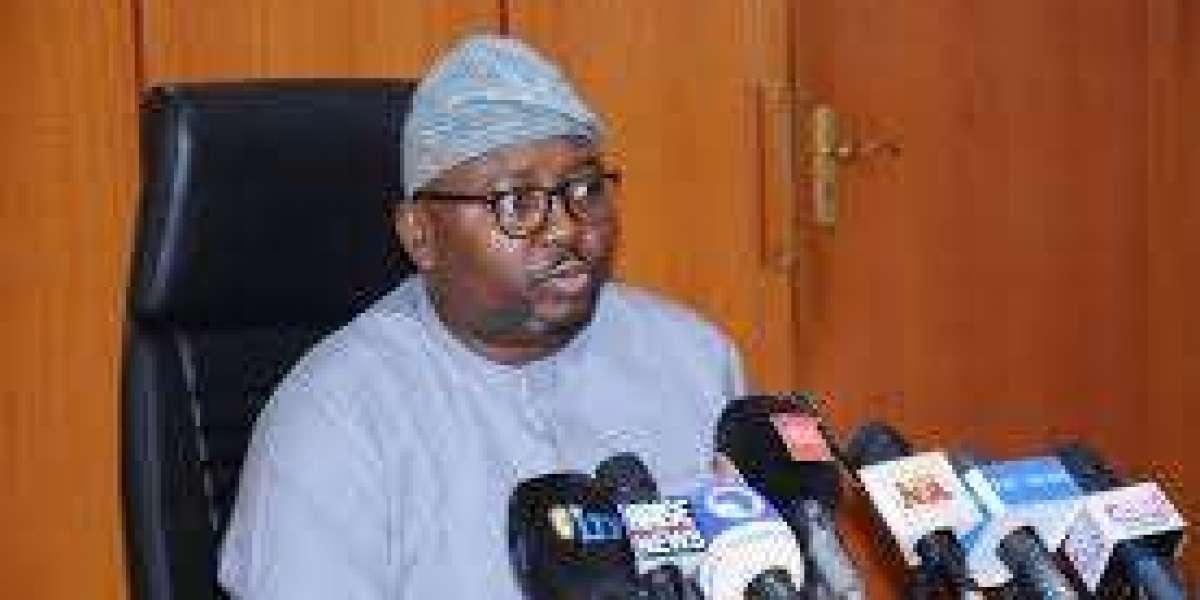Minister of Power, Adebayo Adelabu, has cautioned Nigerians to brace for new electricity tariffs that will reflect the true cost of power generation and distribution, as the Federal Government faces mounting financial strain from energy subsidies.
Speaking during a meeting with the Chairmen of Nigeria’s Generating Companies (Gencos) in Abuja, Adelabu stated that the country's economy can no longer afford to sustain electricity subsidies.
“We have to understand that our economy cannot sustain subsidies indefinitely,” he said.
The announcement comes amid an outstanding government debt of over ₦4 trillion owed to Gencos for unpaid subsidy balances. This growing deficit has put significant pressure on Nigeria's electricity supply industry (NESI), threatening stability and investor confidence.
According to the Nigerian Electricity Regulatory Commission (NERC) performance report for February:
Actual cost of electricity: ₦116.18 per kilowatt-hour (kWh)
What consumers pay: ₦88.20 per kWh
Subsidy per unit: ₦27.97 per kWh
This means the government pays the difference to bridge the gap—a model now deemed unsustainable.
Currently, only 15% of NESI customers (Band A) are not subsidized. These customers, who receive an average of 20 hours of electricity daily, already pay cost-reflective tariffs. The remaining 85% of Nigerians still benefit from subsidies, even with erratic power supply in many areas.
Adelabu’s spokesperson, Bolaji Tunji, clarified that while targeted subsidies will continue for the most economically vulnerable Nigerians, there will be gradual reforms to reduce the government's burden.
“Citizens must pay the appropriate price for the energy consumed,” the minister emphasized.
The power sector reform is expected to include:
Gradual removal of subsidies for mid-tier electricity bands
Continued support for Bands D and E, who receive less than 12 hours of daily supply
More investment in metering, monitoring, and service delivery
As electricity costs climb, many households and businesses will face increased monthly bills, raising concerns about affordability and service quality. However, the government argues that the shift is necessary to improve power reliability, attract investment, and clear backlogs owed to Gencos and DisCos.







